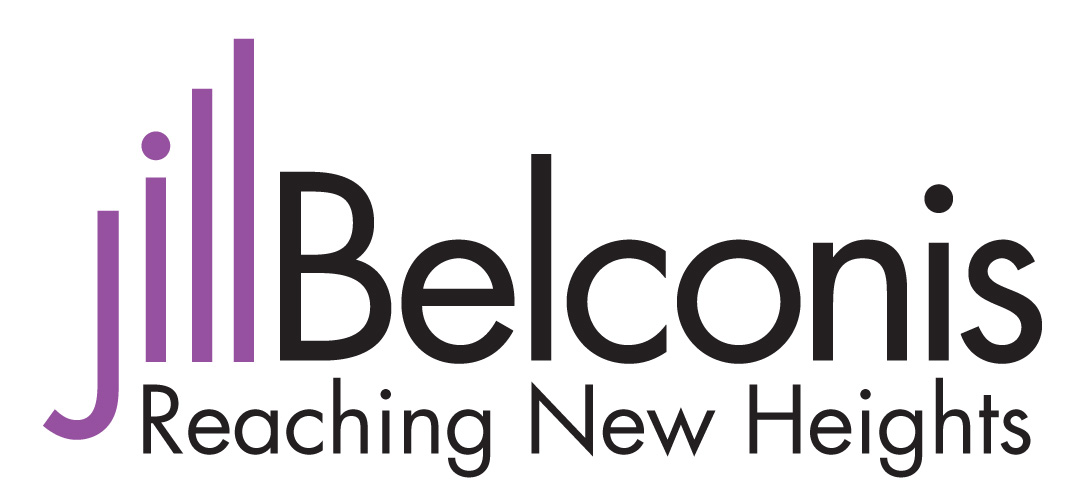Executing on our strategy is a high priority, but a roadblock that can prevent effective implementation is a culture lacking accountability. We will not accomplish our goals or strategy without a strong culture of accountability in our teams. We all may have a different idea or understanding of accountability, so let’s align ourselves on the topic.
If accountability is properly weaved into our culture, we are acting as a unified, high-functioning team. When this is isn’t the case, blame is often at the center of our relationships and communication. A key distinction that will help us move from a culture of blame to a culture of accountability is focusing on the FUTURE, rather than the past. When we operate with accountability, we certainly don’t ignore what happened, but we spend most of our time focusing on solutions and applying our learnings to improve future results. We don’t shame and punish our teammates as this can actually result in future inaction or fear from a once confident team member. The goal is for the team member to own up to the problem, and quickly transition the focus to what is wrong (rather than who), on the process (rather than the individual), and how to make it right. Below are some key behaviors to help us evaluate if we are operating in an environment of the right accountability behaviors.
Switching from a culture of blame to a culture of accountability can be likened to the fixed versus growth mindset. It’s inevitable that our team is going to run into challenges and make mistakes, but that doesn’t mean something is wrong with that individual. Let’s design a culture where people feel empowered to speak up when they’ve made a mistake because they’re energized by taking corrective action rather than afraid to face the blame and finger pointing of their misstep.
I’ll leave you with three questions to ponder which encompass three types of accountability.
Leadership Accountability – Do I regularly exhibit accountable behaviors myself? (Study the accountable behaviors above)
Role Accountability – Does every employee have clarity on expected outcomes? (How am I being measured? What’s the contribution I’m making to the company?)
Process Accountability - Do we have accountability elements built into our leadership, planning and execution processes? (How aligned are all our processes? Is there a clear owner for each one?)
High levels of accountability in an organization correlate to high levels of trust. Knowing that team members will take responsibility for their actions instills a high level of confidence throughout the entire company.


